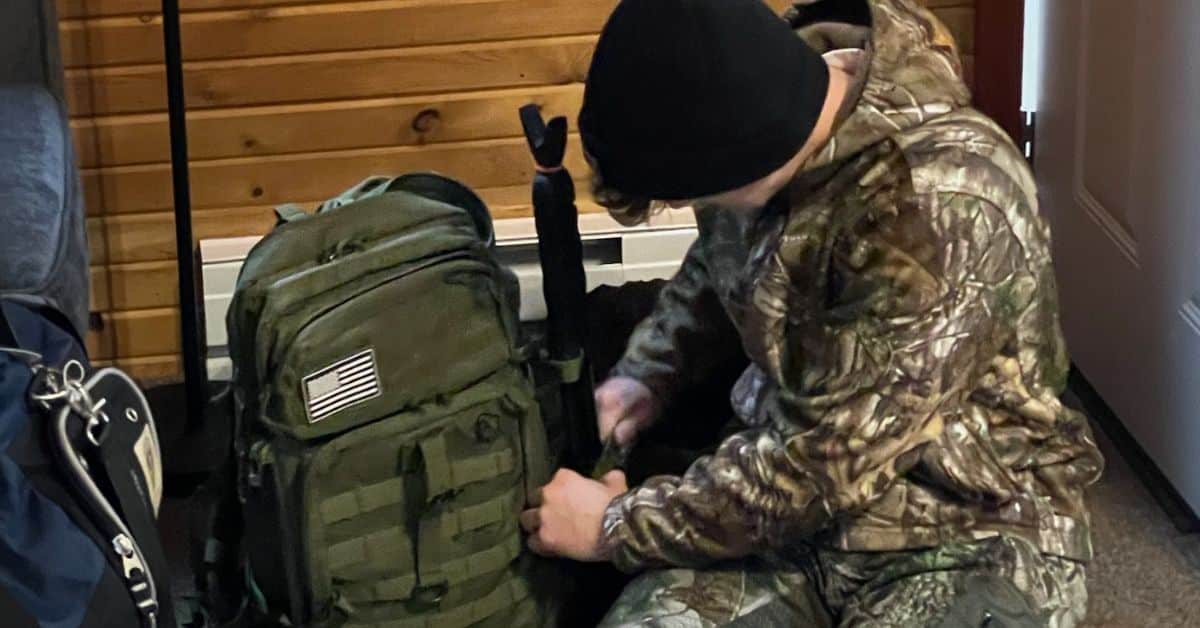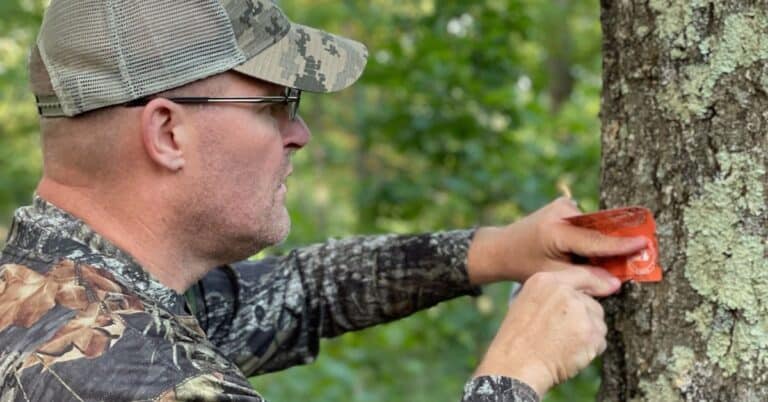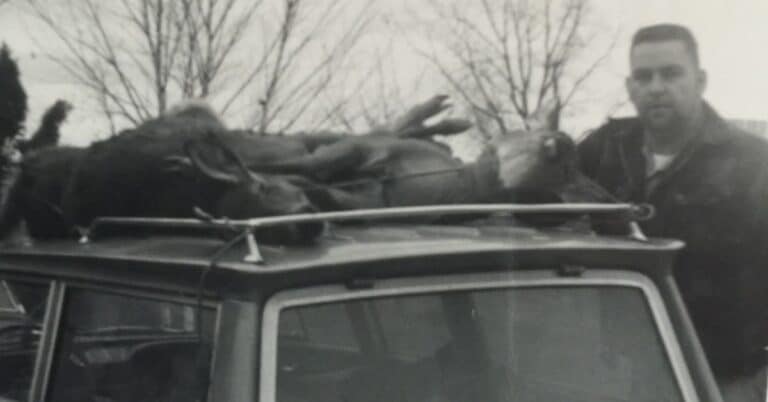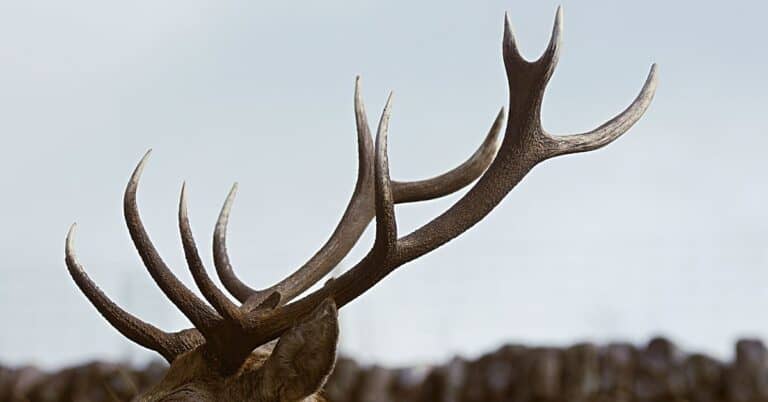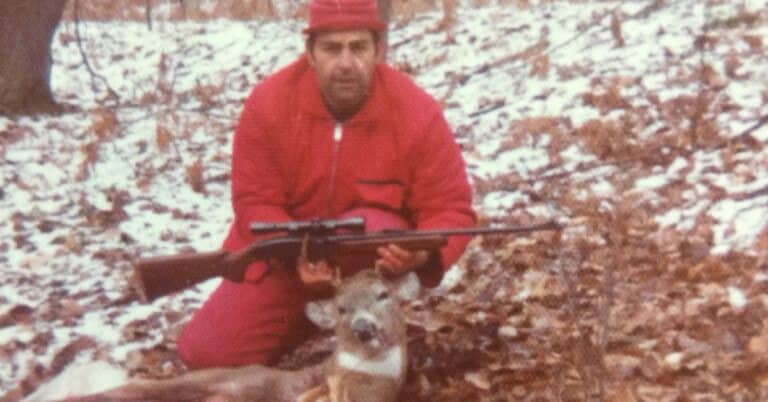What to Pack in Your Hunting Backpack
A Beginner’s Guide to Hunting Essentials.
Wondering what to bring on your first deer hunt? Worried about forgetting something important? I teach my boys that preparation is the key to having fun. The last thing you want is to be out in the field ready to gut a deer and not have the right tools. Here are some of my essential items I recommend to answer your question “What to pack in your hunting backpack?”
Deer Tag: Hunt Legally
Let’s start with the obvious. If you are hunting, you need a deer tag. And it should be with you all the time. Never leave this in your car or back at camp. The Department of Natural Resources (DNR) can show up any time and want to see proof that you are hunting legally. You can purchase a hunting license online or in a store.
Zip Ties: A Hunting Backpack Essential
One of the key hunting backpack essentials is zip ties. When I bag a deer, I peel my tag and fold it in half over a zip tie. Another tie is used to secure it, whether to a leg for a doe or to an antler for a buck. For field dressing, I rely on a trusty Havalon knife, which also doubles as a tool for marking my tag accurately. The versatility of zip ties and a quality knife ensures you’re prepared for tagging and field dressing with ease.
The Havalon Knife: A Hunting Must Have
I have owned a Havalon knife for as long as I can remember. It is the most precise and versatile knife I own and it goes with me on every hunt. It’s designed with replaceable blades like an Exacto® knife so you are sure to have a sharp edge for efficient field dressing. The grip fits to my hand and makes it easy to hold for a long time and avoid fatigue while I gut a deer. I also use my Havalon knife as a tagging tool to cut holes into my deer tag.
Latex Gloves: Field Dressing Option
In my dedicated hunting backpack, a box of latex gloves is always at the ready for field dressing. These gloves not only keep your hands clean but also provide a hygienic barrier during the dressing process. Whether you’re a seasoned hunter or a beginner, having latex gloves on hand is a simple yet essential step to maintain cleanliness and prevent the spread of bacteria.
Something I won’t go into detail here but that is important to learn about is Chronic Wasting Disease (CWD). Gloves and cleanliness are important for hunters to help prevent this disease. I encourage you to read more about it in your area before going hunting.
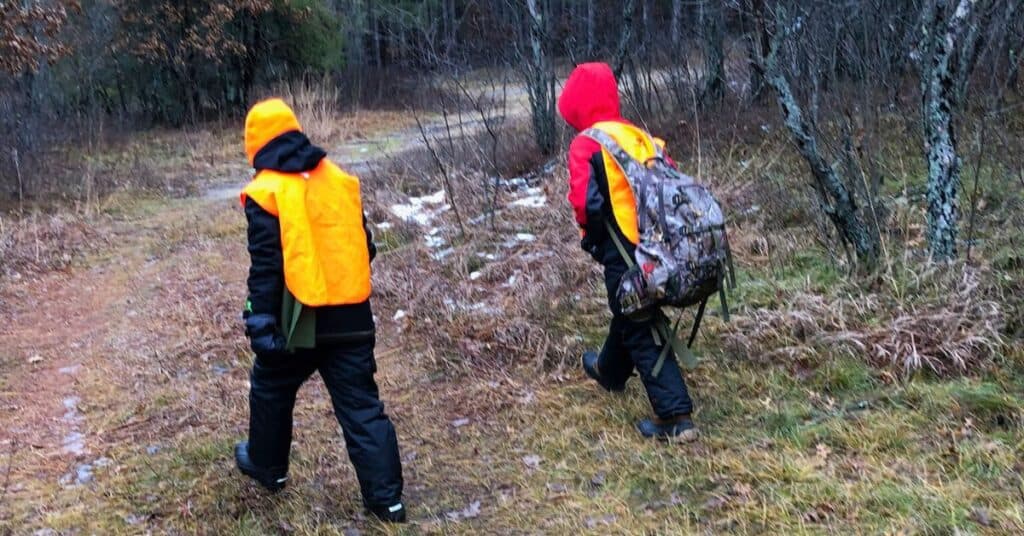
Toilet Paper for Marking Trails
One of my recommendations for a cheap tracking tool that often goes overlooked is toilet paper. I use it strategically to mark blood trails, offering a clear line of sight to track the animal’s direction. Even if rain washes away the blood, the toilet paper remains visible, allowing you to pick up the trail the next day if necessary. It’s a simple yet effective trick that can be a game-changer in tracking wounded prey. Most importantly if “nature” calls, well you know where this is going…
Butt Out Tool: Efficient for Field Dressing
A Butt Out tool is a game-changer for efficient field dressing. This handy item makes the process much simpler, quicker, and cleaner. Whether you’re a beginner or an experienced hunter, having a Butt Out tool in your backpack ensures that field dressing becomes a hassle-free task. The only less hassle-free thing you could consider is advice from my son Max: “Have someone else gut your deer”. He has hunted in Indiana and usually uses an Amish meat processor. The Amish community prefers to gut the deer themselves and use as much of the deer as possible.
Plastic Bags to Keep it Clean
After field dressing a deer, cleanliness is crucial. I always carry plastic bags in my hunting backpack to store all the dirty tools. This not only helps in transporting them back to camp but also ensures easy cleaning and organizing for the next use. Remember, leaving no trace is not just ethical but practical – always carry your trash back with you.
Always Be Prepared
In conclusion, packing your hunting backpack with these essentials will not only make your hunting experience smoother but also contribute to responsible and ethical hunting practices. With these tips and tricks, you’re well on your way to becoming a prepared and conscientious hunter. If you want to keep reading, check out my advice for how to tag a deer.

